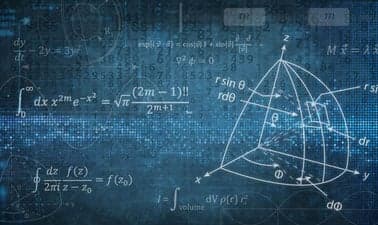TsinghuaX: Principles of Electric Circuits | 电路原理
Electricity is everywhere. Learn about real world applications of electric circuits and the techniques for analyzing and designing circuits. The process of human civilization is almost the process of studying and utilizing electricity. Circuits are direct tools for using electricity to serve human beings. This course on Circuit Principles teaches you the basic methods of analyzing and designing circuits.

- Certification
- Certificate of completion
- Duration
- 18 weeks
- Price Value
- $ 179
- Difficulty Level
- Intermediate








